详细说明
Species Reactivity
Human
Specificity
Detects human HCN4 in ELISA
Source
Monoclonal Mouse IgG 1 Clone # 880904
Purification
Protein A or G purified from hybridoma culture supernatant
Immunogen
E. coli-derived recombinant human HCN4
Lys1084-Leu1203
Accession # Q9Y3Q4Formulation
Lyophilized from a 0.2 μm filtered solution in PBS with Trehalose. *Small pack size (SP) is supplied as a 0.2 µm filtered solution in PBS.
Label
Unconjugated
Applications
Recommended
ConcentrationSample
Immunocytochemistry
8-25 µg/mL
See below
Please Note: Optimal dilutions should be determined by each laboratory for each application. are available in the Technical Information section on our website.
Data Examples
Immunocytochemistry | HCN4 in BG01V Human Embryonic Stem Cells. HCN4 was detected in immersion fixed BG01V human embryonic stem cells differentiated to cardiac cells using Mouse Anti-Human HCN4 Monoclonal Antibody (Catalog # MAB8138) at 10 µg/mL for 3 hours at room temperature. Cells were stained using the NorthernLights™ 557-conjugated Anti-Mouse IgG Secondary Antibody (red; Catalog # ) and counterstained with DAPI (blue). Specific staining was localized to cell surfaces. View our protocol for . |
Preparation and Storage
Reconstitution
Reconstitute at 0.5 mg/mL in sterile PBS.
Shipping
The product is shipped at ambient temperature. Upon receipt, store it immediately at the temperature recommended below. *Small pack size (SP) is shipped with polar packs. Upon receipt, store it immediately at -20 to -70 °C
Stability & Storage
Use a manual defrost freezer and avoid repeated freeze-thaw cycles.
12 months from date of receipt, -20 to -70 °C as supplied.
1 month, 2 to 8 °C under sterile conditions after reconstitution.
6 months, -20 to -70 °C under sterile conditions after reconstitution.
Background: HCN4
HCN4 (hyperpolarization-activated cyclic nucleotide-gated channel 4) is a 120-160 kDa, 1203 amino acid (aa) multipass plasma membrane protein that is a member of the HCN family of potassium channel proteins. It is mainly expressed in cardiac myocytes, thalamus and testis. HCN4 is important for pacemaker function in the heart, and rhythmic activity in the thalamus. Specific mutations can cause Sick Sinus Syndrome 2 (SSS2), a cardiac sinus node malfunction, or Brugada syndrome 8 (BRGDA8), a tachyarrhythmia syndrome. Within aa 1084-1203, human HCN4 shares 92% and 93% aa sequence identity with mouse and rat HCN4, respectively.
Long Name:
Hyperpolarization Activated Cyclic Nucleotide-Gated Potassium Channel 4
Entrez Gene IDs:
10021 (Human); 330953 (Mouse); 59266 (Rat)
Alternate Names:
HCN4; hyperpolarization activated cyclic nucleotide-gated cation channel 4; hyperpolarization activated cyclic nucleotide-gated potassium channel 4; potassium/sodium hyperpolarization-activated cyclic nucleotide-gated channel 4; SSS2

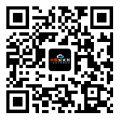





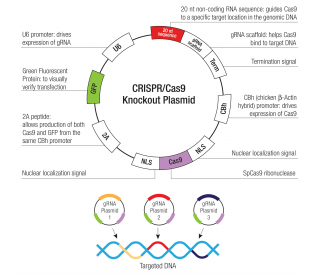
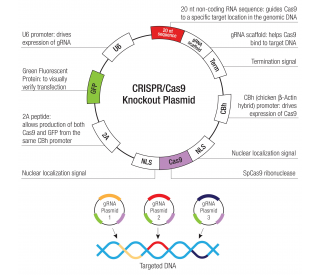
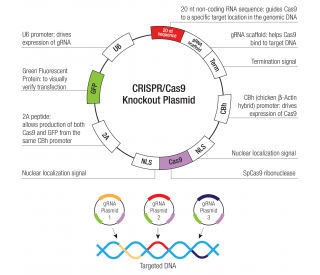
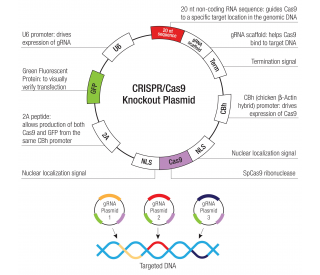
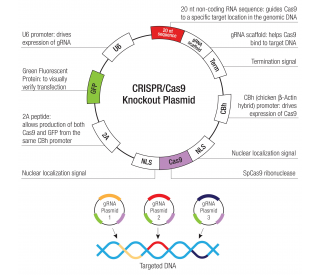
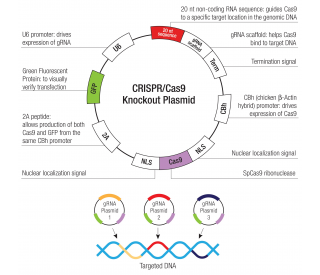



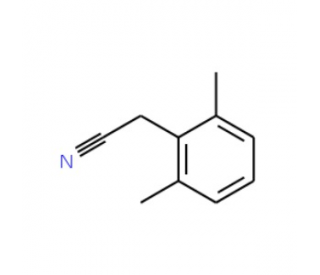
 粤公网安备44196802000105号
粤公网安备44196802000105号